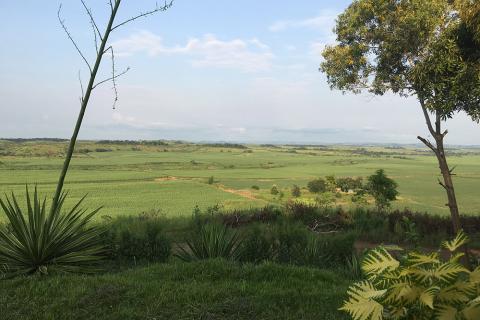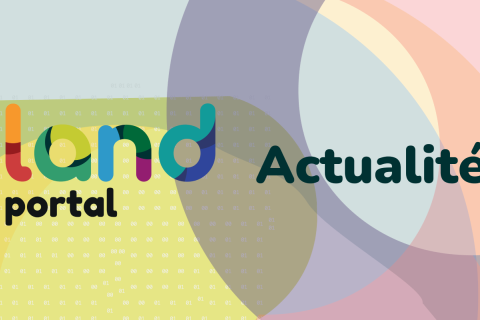Sam Szoke-Burke is a legal researcher for the Columbia Center on Sustainable Investment’s focus areas of land and agriculture, and extractive industries. He also specializes in the intersection of human rights and international investments. Prior to joining CCSI, Sam worked as a legal consultant for the Land, Environment and Development project at the Legal Assistance Centre, Namibia, where he represented various indigenous communities in legal claims relating to mineral exploration, ancestral land claims and forced resettlement, amongst other projects. He has also worked with various human rights and public interest organizations in the US and Australia, including on a project concerning the human rights impacts of gold mining in Haiti, and clerked for Justice Anthony Cavanough, head of the Judicial Review and Appeals List, at the Supreme Court of Victoria, Australia.
Details
Affiliation:
Location
Contributions
Displaying 1 - 10 of 12Transparence des investissements fonciers : étude de cas du Cameroun
Bien que des informations sur certains projets d’investissements soient rendues publiques, et malgré une loi récente sur la transparence, la gestion des investissements fonciers au Cameroun n’est, de toute évidence, pas véritablement transparente dans l’ensemble.
Dans un nouveau rapport se concentrant sur les projets d’agrobusiness au Cameroun, le Columbia Center on Sustainable Investment (CCSI) et le Centre pour l’Environnement et le Développement (CED) constatent que :
Transparency of Land-based Investments: Cameroon Country Snapshot
New research by CCSI and the Centre pour l’Environnement et le Développement (CED) on transparency of land-based investment in Cameroon.
In the report, CCSI and CED find that:
- Communities continue to be excluded from decision-making around investments.
- The government pursues a top-down approach to concession allocation and remains reluctant to recognize all legitimate tenure rights.
Transparency for Whom? Grounding Land Investment Transparency in the Needs of Local Actors
Transparency is often seen as a means of improving governance and accountability of investment, but its potential to do so is hindered by vague definitions and failures to focus on the needs of key local actors.
As Agribusiness Sustainability Initiatives Face Flak, Here’s How They Can Do Better
Since last year, 35,000 people in Uganda’s Kiryandongo district were forced from their lands to make way for large-scale farming, including at gunpoint and by a sugar firm with international backing.
Government Briefing: Incorporating Free, Prior and Informed Consent (FPIC) into Investment Approval Processes
This briefing explains how host government agencies involved in investment processes can effectively apply FPIC to:
1. Facilitate the right kind of investments, which operate responsibly and support sustainable development
2. Increase business confidence by fostering a stable and participatory investment environment
3. Comply with international law and align approval processes with industry standards and best practices
4. Avoid and mitigate financial, political, and legal risks
Avoiding the vague and the onerous: New guidance for community-investor contracts
Would you sign a lease that gave your landlord “sole discretion” in deciding on how any disputes you have with them would be resolved? Would you spend months or years negotiating a contract with a business partner only to have it include a clause saying it is not legally enforceable?
Voici comment le Cameroun peut atteindre la transparence foncière
Le code de transparence et de bonne gouvernance du Cameroun est enfin là. Le code promet de supprimer le secret qui plane sur les contrats et les concessions que le gouvernement signe avec les investisseurs qui veulent exploiter les ressources naturelles.
Here’s how Cameroon can achieve land transparency
Cameroon’s Code on transparency and good governance is finally here. The law promises to remove the shroud of secrecy that has hovered over contracts and concessions the government has signed with natural resource investors.
Implementing the Ahafo Benefit Agreements: Seeking Meaningful Community Participation at Newmont’s Ahafo Gold Mine in Ghana
In 2008, ten communities in the Brong Ahafo region of Ghana entered into agreements with Newmont Ghana to govern company-community relations, ensure local job creation, and share the benefits of the company’s mining operations. Ten years later, this report, co-authored by Canadian International Resources and Development Institute (CIRDI), African Center for Energy Policy (ACEP), CCSI, and ISP, looks at the communities’ experience of those agreements and suggests how the agreements might be improved.










